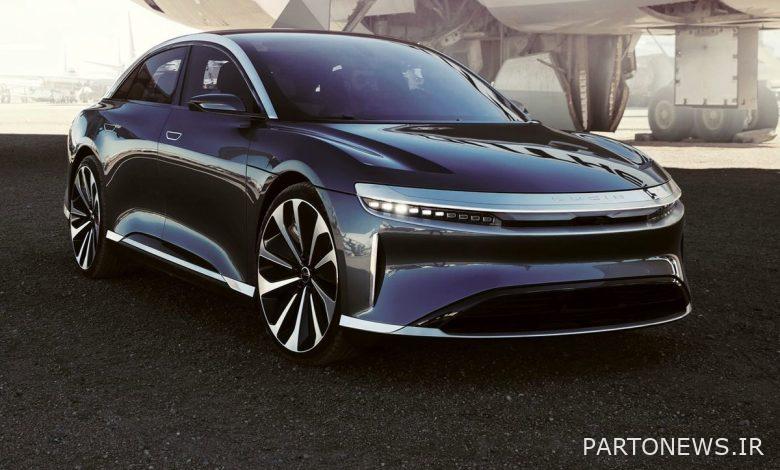Invest in America or pay more taxes

Online Economy – Parham Karimi; America is at the forefront of supporting electric cars and grants special facilities to these cars. But Hyundai Motor, one of the manufacturers of electric cars that has good sales in America, has recently faced a new problem. The United States of America has decided to exclude electric vehicles produced in South Korea from the protection rules.
Meanwhile, the head of Hyundai Motor is in Washington on an urgent trade mission this week after the Korean auto giant’s electric vehicles were exempted from generous consumer tax credits included in the U.S. climate, tax and spending laws.
Chung, the scion of Hyundai’s founding family, is expected to share his company’s concerns with US officials as representatives of the Korean auto industry express concern over what they describe as “discrimination” against Korean-made electric vehicles. The Inflation Act, signed into law by US President Joe Biden earlier this month, provides tax credits of up to $7,500 for electric vehicles assembled in North America.
Hyundai and its affiliate, Kia, are the second-largest US EV maker by volume, but do not produce any EVs in the US, Canada or Mexico.
The $5.5 billion plant, which is slated to begin production in the state of Georgina by 2025, will not be tax-exempt until it begins operations in 2025.
“With the implementation of the deflation law, Korean electric vehicles will immediately be removed from the list of US tax incentives,” said a statement from the Korea Automobile Industry Association, which represents companies including Hyundai in the US. .
Due to its high sales volume in the United States, the trade group wants electric vehicles manufactured in South Korea and Hyundai to enjoy the same incentives as vehicles manufactured or assembled in the United States, Canada, and Mexico.
On Monday, Korea’s Minister of Trade, Industry and Energy Lee Chang-yang said, “This action is likely to violate the rules of the World Trade Organization as well as the Korea-US Free Trade Agreement.”
“We are actively considering whether to bring the case to the WTO,” Lee added. “We are conveying our concerns to the United States through various channels and will send a senior commercial manager to the country next week to confirm the news from the United States.”
It should be noted that the deflation rule, on the other hand, is designed to remove Chinese battery factories from the US supply chain.
Starting in 2024, in order for a vehicle to qualify for the $3,750 tax credit, no battery parts can be sourced from a significant foreign entity such as China. Starting in 2025, this restriction will be extended to the extraction, processing and recycling of vital minerals to qualify for a credit of $3,750, or a total of $7,500.
“For Hyundai, this is a sweeping call to action,” said Tim Bush, an analyst at UBS in Seoul. America has effectively announced that if you want to be eligible for government subsidies, then introduce your production capacity in the United States and do it now.”
In addition, Bush said, the main picture for the law was that South Korea would be the biggest beneficiary of the law. Because with the approval and implementation of this law, the Chinese competitors who produce and supply batteries in America will be out of competition.
Last month, SK On announced a $7.8 billion joint venture with Ford to build three battery factories in the United States. Also, LG Energy Solution and GM announced earlier this year a $2.6 billion investment to build a third plant as part of their joint venture in Michigan. Samsung SDI also has similar partnerships with Stellantis, the group behind Peugeot, Fiat Chrysler and Jeep.

